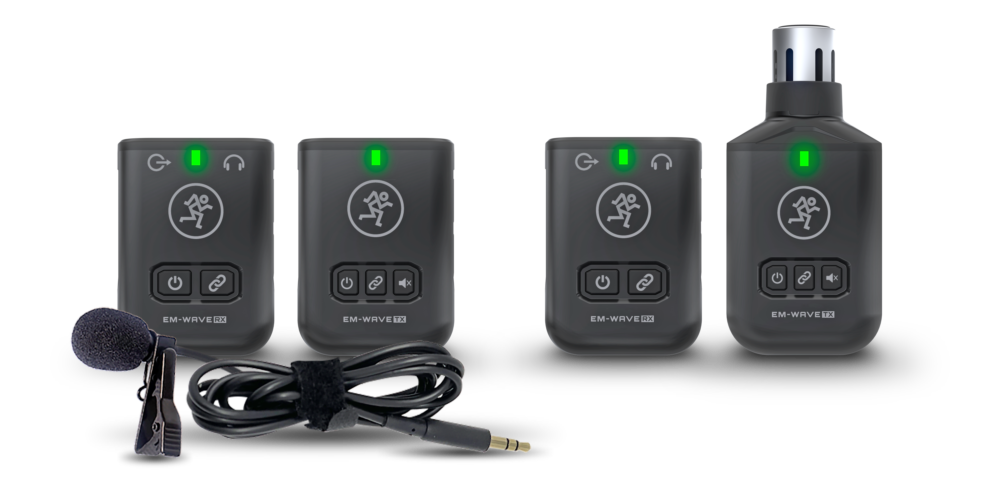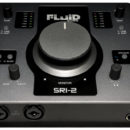Alan Friedman
Friedman, Kannenberg & Company P.C.
CPA/Senior Partner
Years with Company: 40
Address: 17 Talcott Notch Rd., Farmington, CT 06032
Phone: 860-677-9191
FAX: 860-674-9602
Web: fkco.com
E-mail: [email protected]
Clients: Yamaha, Telefunken, NAMM, Suhr Guitars, AnalogMan, The Immediate Family, King Crimson, Porcupine Tree, Danny Kortchmar, Waddy Wachtel, Bernard Purdie, Greg Phillinganes, Bobby Kimball, Doug Wimbish, Will Calhoun, Steve Hackett, Earl Slick, Animals As Leaders, Andy Grammer, Gojira, Mogwai, Jonathan Mover, Walfredo Reyes Jr., Scott Weiland, Bernard Fowler, Chuck Burgi, Greg Koch, Johnny Rabb, DrumHead Magazine, Steakhouse Studios, The Hideout Studios, Skyline Studios NYC, Spirithouse Studios
BACKGROUND
Alan Friedman fell in love with music when he was a kid. After becoming an accountant, he married his profession with his passion. For four decades, he’s serviced myriad music industry types, including recording studios, instrument retailers and manufacturers, as well as musicians. In addition to being an active player himself, Friedman’s also written for numerous publications.
Twin Journeys
When I was 12, a friend of mine, Dean Cholakis, had become a really good guitar player. He showed me a bunch of things and I started playing with more voracity. Two years later, I got asked to join a band. It was a band he had left, because he wound up joining a Greek wedding band. I was in that band a couple years and wound up getting in another band.
My father was an accountant and had a small practice in Albany, NY. I had taken a couple bookkeeping classes in high school and really liked it, so when I went to college I declared myself an accounting major. But throughout college, I was playing music. When I got out of college, I was in a band with kids who had gone to The University of Hartford, where I went to school. So, I had this parallel path.
Gaining Credibility
As I was pursuing a career in accounting, I was playing music. I don’t sing, but I write music and lyrics. When we started our firm, we were a general accounting practice. But I always had a lot of musician friends as clients.
I’d been attending the NAMM trade show since 1985, but in 1991, 1992, I got introduced to some people in management. They found it interesting that an accountant was at their show. They said, “We do a lot of education for our members.” And they asked if I’d be willing to speak on financial topics. I said yes, because it was a free ticket to NAMM, and they were going to pay for my airfare and hotel.
The Accounting Crows
I got introduced to Mark Zampino by the owner of a local music store. My friend, who ran the store, was friends with Mark, who was a customer. Mark was a keyboard player, but also the director of public affairs for the Connecticut Society of CPAs. So, we started hanging out. That was the mid-80s.
In 1997, he was asked to coordinate a program for seniors in high school who were contemplating becoming accounting majors. He assembled a couple friends—me and Mike Fortunato, who’s a CPA and a drummer, and Reed Risteen, who’s a bass player and a CPA. He asked if we would do three or four songs as a band and then speak to the graduating seniors.
We needed a name. It started as Led Pencil. Someone threw out The Audit Brothers. Mark heard an announcer on the radio say, “Here’s a song from Counting Crows,” and he thought he said Accounting Crows. He said, “That’s the name we should use.”
The Musician’s Bond
There are other firms in the music industry, but I don’t know how many of those accountants play an instrument. When I’m talking to clients, we’re talking about Pro Tools, compressors and plugins. When you’re talking to a client and understand their industry, there’s a kinship that gets created. That’s a good part of the success story our firm has enjoyed. More than half our firm is musicians.
Clients With Complex Situations
Some musicians are music teachers and have W-2s. They teach at schools and that’s pretty much all they have. That’s the kind of client that can be easily serviced by H&R Block. Then you have another type of client who has a lot of activity: recording, touring, maybe teaching, and a lot of different revenue sources. If they’re making decent money, minimizing taxes and knowing what deductions are available is important. The more involved their taxes are, the more we can help.
The Music Industry/Accounting Niche
We are dedicated to the music industry. So we service a niche, but we’re only doing accounting, financial statements if it’s a business, business tax returns or individual returns. We handle all kinds of music industry clients, but we’re not all things to that niche. We don’t do pension accounting, estate planning, or royalty audits. We do accounting, tax work, and consulting.
Golden Eyes
There’s a band manager we have a relationship with, Ed Gold. He has a ton of touring musicians and does the day-to-day bill paying. He collects revenue and pays their bills but doesn’t do any tax compliance work. We do all the tax return preparation.
There are CPA firms who do it all. They track the finances of touring musicians and do all the bill paying. And they’ll also do the tax returns. We confine ourselves to year-end accounting and tax returns. We let the business managers do the running of the money. Our clients like that, because we’re the extra set of eyes on what the business manager’s doing. And he’s looking at us making sure the tax returns are filed correctly. We do a lot of different services, but there are others that are better at certain things. We’re not bashful to tell clients, “Contact this guy if you need this done.”
Control and Communication
I like the money-handling aspect to be in the hands of the artist. If you’re a touring
musician, you’re going to need a business manager to make sure the revenue’s collected, expenses are paid, and taxes are filed. But where possible, I like the idea of money being under the control of the artist. I’ve seen too many situations where business managers stole funds from clients, because they had 100% control of the money. That’s probably an unpopular thing to say, but that’s how I feel. We’re musicians, so we’re champions of musician clients.
That’s not to say we don’t have bands that we run their money. But there’s a high degree of communication that goes on when that happens. Take a client like The Immediate Family. They have management meetings once a week and I’m on that call at least once a month.
Hiring an Accountant Makes Cents
[Some people] think professional tax services are expensive. They believe they can’t afford it. Sometimes, you can’t afford to not have it. Because if we do our job right, we’re generally saving our clients way more in taxes than the fee they’re paying us. It’s a valuable service we provide that you can measure in dollars.
Music Accounting Specifics
I don’t know how many accountants know you can deduct iTunes and Spotify. A lot of accountants don’t realize royalty income is subject to self-employment tax. There are quirks in the music industry specific to musicians.













